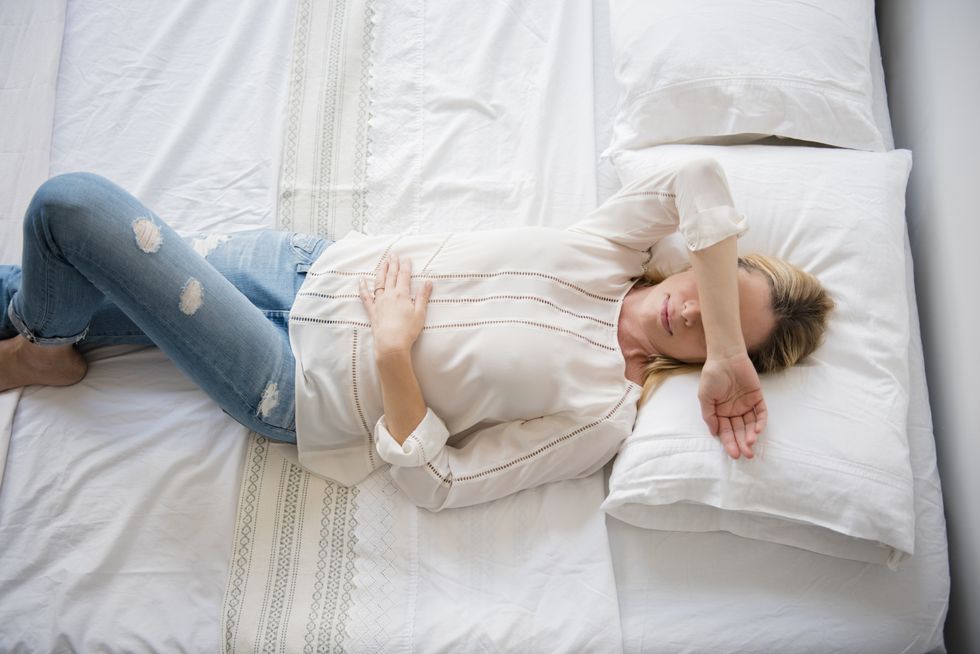How to sleep better: Five sleep tips will help you beat winter fatigue

As winter settles in across Britain, many of us find ourselves spending more time in bed, and there’s a scientific reason behind this seasonal sleepiness.
Research shows that during winter months, we spend approximately 30 minutes longer in rapid eye movement (REM) sleep, the stage where dreaming occurs.
However, this extended dreaming comes at a cost, reducing our restorative sleep time by half an hour, the crucial phase that bolsters our immune system and helps consolidate memories.
The lack of daylight also increases melatonin production (the sleep hormone) while reducing cortisol (the hormone that keeps us alert). This combination can leave us more tired during the day and struggling to wake up in the mornings.

Experts from Happy Beds have shared five tips for people to do to help them improve their sleep this winter.
Avoid large meals before bed
Timing your evening meal is crucial, with experts recommending at least a two-hour gap between dinner and bedtime. Heavy meals close to bedtime can cause discomfort and disturb sleep quality. If hunger strikes in the evening, opt for light, sleep-friendly snacks such as yoghurt or nuts.
Adjust your bedding for the season
As temperatures drop, creating the right sleeping environment becomes essential. Switching to a heavier duvet or adding extra layers can help maintain optimal body temperature throughout the night. Proper bedding choices prevent sleep disruptions caused by temperature fluctuations.
Nap in the early afternoon
A short 20 to 30-minute rest before 3pm can provide an energy boost without disrupting nighttime sleep patterns. Longer naps should be avoided, as they can lead to sleep inertia which is that groggy feeling upon waking.
Get outside in the daylight
Getting outside for just 20 minutes every morning is vital for regulating your sleep-wake cycle. A simple tip is to enjoy your morning coffee outdoors, as natural light increases serotonin levels and helps maintain alertness.
LATEST DEVELOPMENTS
- ‘I’m a doctor and I recommend one drink to help patients fall asleep fast and deeply’
- Expert shares how to sleep better and why we need more rest in the wintertime
- Breakfast staples to add to your evening routine for better and longer sleep

Wake up at the same time every day
Maintaining consistent wake-up times, even at weekends, is another essential strategy.
This regularity helps synchronise your body’s internal clock, making it easier to both fall asleep and wake up feeling refreshed.
A stable schedule is key to reducing morning grogginess and sleep inertia.

